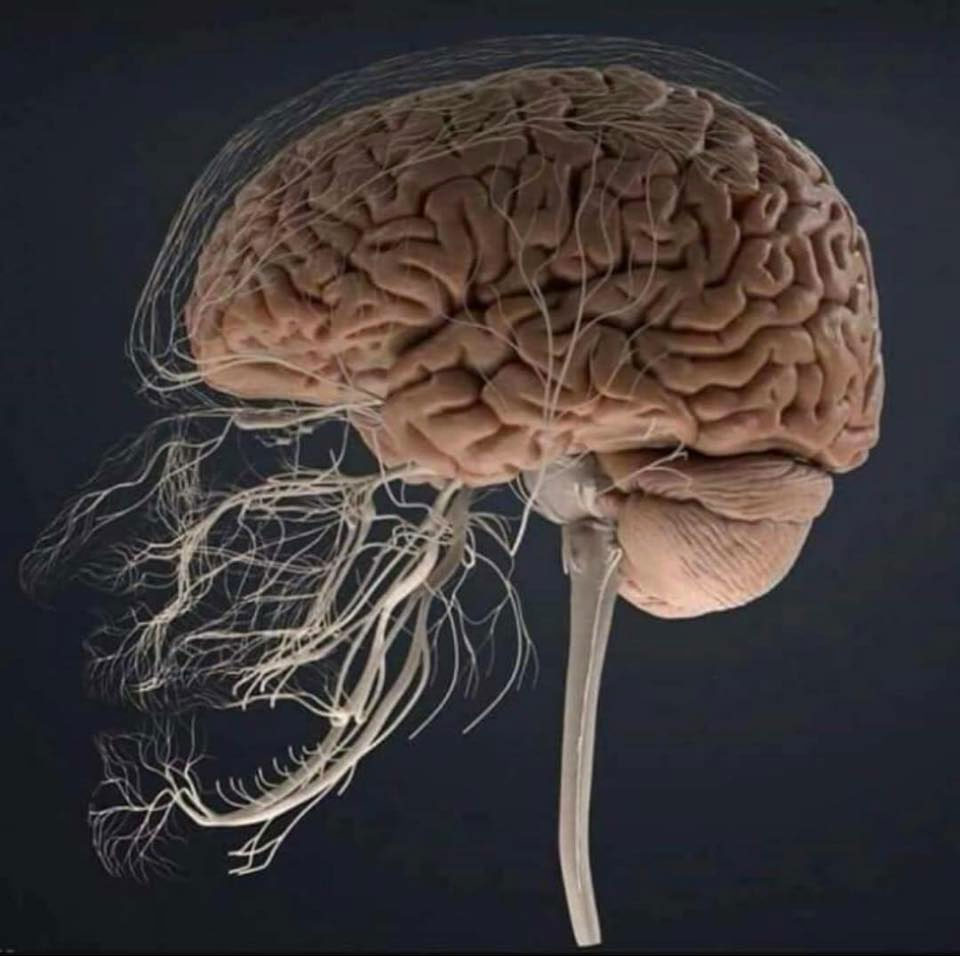Tooth pain can be very distracting, but how do we know when a toothache is serious enough to warrant a trip to the dentist? And how do we cope with the pain until we get to a dentist?
When to see a dentist for a toothache
- Pain lasts more than a day or becomes intolerable
- You cannot sleep due to tooth pain
- You have a fever, ear ache or swelling of the jaw
- If you have periodic tooth pain in the same area
We’re open until midnight – so the wise choice is usually to have us take a look. It could save you thousands of dollars, and even save your tooth.
9601 N Beach St, Ste 101
Fort Worth, TX
(682) 200-1001
Toothaches rarely get better on their own
Even if you experience relief after a few days, the symptoms could return if the underlying issue is not resolved.
The longer a tooth goes untreated, the fewer options you will have to fix or save the tooth.
Delaying treatment can also lead to more complicated and often more expensive treatments, so if financial concerns are keeping you from the dentist, you should keep that in mind.
How to stop a toothache
These techniques can offer temporary tooth pain relief.
Tooth pain can range from dull to intense, and be ever-present or flare up when chewing or randomly throughout the day. Below are a list of things that may help ease your discomfort.
01. Swish
Swish mouthwash or warm salt water around in your mouth. This can help dislodge anything that may be stuck in your teeth/gums and causing inflammation.
02. Brush & Floss
This will also help remove any foreign objects (like popcorn kernels or meat) stuck in your teeth. Objects stuck in your teeth and gums can cause inflammation and cause pain. They can also lead to an abscess or infection.
03. Take an NSAID
If you’re able to, take a nonsteroidal anti-inflammatory (NSAID) drug such as Ibuprofen or paracetamol. It is important to always take the recommended dose. Aspirin can also provide some relief, but if you are experiencing bleeding, Aspirin may prevent the blood from clotting.
04. Apply Ice
Apply an ice pack to the affected area.
05. Numbing Agents
Apply an oral numbing agent with benzocaine, such as Orajel.
06. Avoid Acidic, Cold, and Hard Foods
Avoid eating acidic, cold, or hard foods until you have permanently resolved the toothache.
07. See a Dentist
The treatments above are for palliative care only. The only guaranteed treatment for a toothache is to see a dentist. The dentist will help you identify and remedy the cause.
Why are toothaches so painful?
Toothaches can be some of the worst pain you’ve experienced. It seems strange that such a little thing could cause debilitating pain. However, the nerves in your teeth travel into your jaw and then throughout your head. This allows the pain to radiate outwards.

If you’re experiencing a toothache and need quick relief, give us a call or stop in today.
